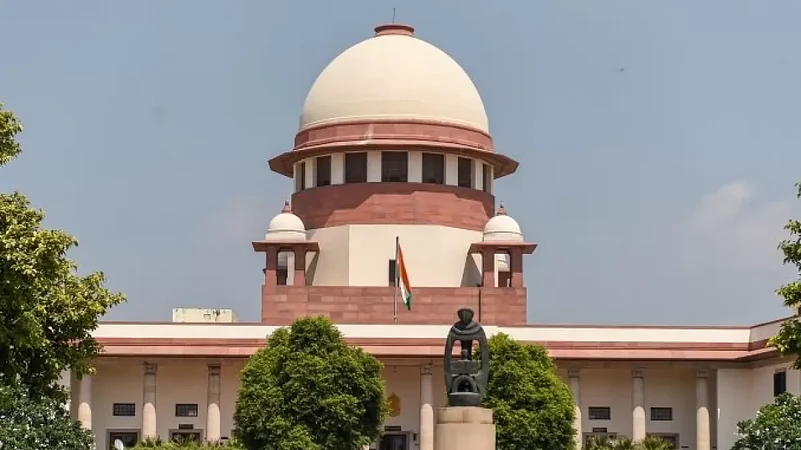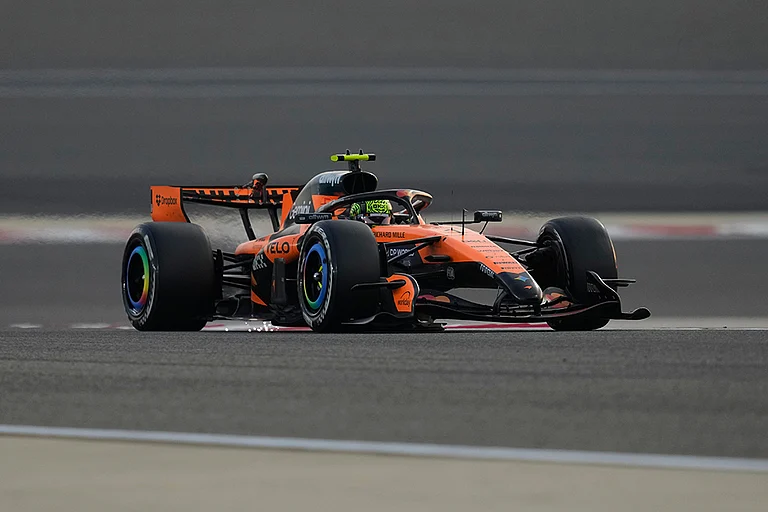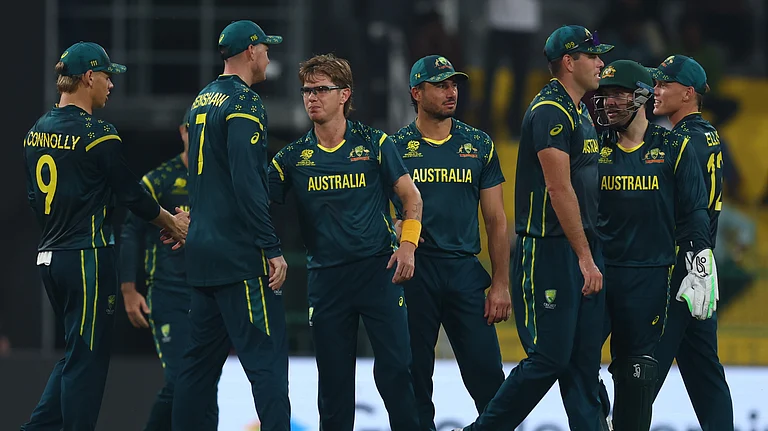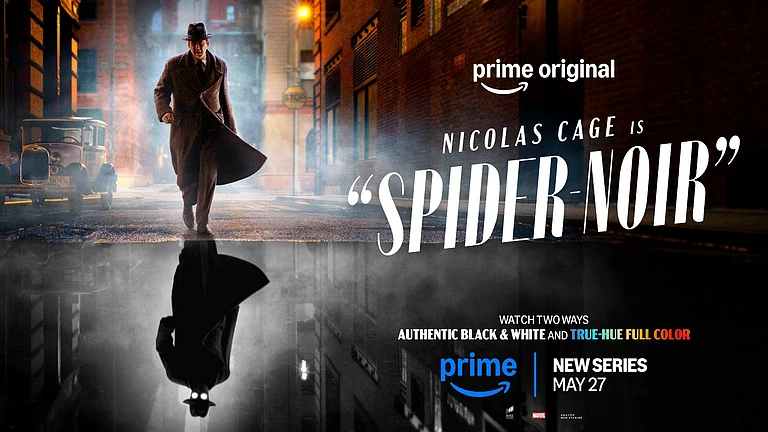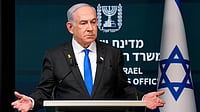In a significant development, the Supreme Court directed pointed questions at the Enforcement Directorate (ED) and the Central Bureau of Investigation (CBI) during the hearing on the Delhi excise policy case. The court questioned why the political party that allegedly received the proceeds of the crime had not been named as an accused in the investigation, according to media reports.
Justice Sanjeev Khanna, heading a two-judge bench and overseeing the bail plea of former Delhi Deputy Chief Minister Manish Sisodia, who was arrested on February 26, raised the crucial inquiry. The court sought clarification from Additional Solicitor General S V Raju, representing both investigative agencies, on why the political party had not been implicated in the case under the Prevention of Money Laundering Act (PMLA).
The court also pressed the ASG to provide insights into the position regarding Cabinet notes and whether the court had the authority to examine them. Justice Khanna pointed out the existence of Constitution bench judgments that might prohibit the scrutiny of Cabinet notes, expressing uncertainty about whether such restrictions applied to Delhi as a Union Territory.
Senior Advocate A M Singhvi, appearing for Sisodia, argued that the agencies were relying on vague statements to establish a connection between Sisodia and co-accused Vijay Nair. Singhvi emphasized the absence of specific allegations and a money trail, asserting that the charges against Sisodia were based on unproven assertions.
Singhvi contended that the liquor policy, cited in the case, was a collective decision aimed at curbing cartelization and increasing revenue. He highlighted the positive impact of the new policy in restricting unreasonable profits and preventing leaks, contrasting it with the interests of the old lobby that resisted change.
The senior counsel urged the court to consider the context of public life, suggesting that certain individuals become "high-value targets" and face difficulties in obtaining bail. He underscored that Sisodia, unlike other accused in the case, had been denied bail.
In summary, the Supreme Court's probing questions and the defense's arguments shed light on the intricacies of the Delhi excise policy case, emphasizing the absence of specific allegations against Sisodia and questioning the omission of the political party from the list of accused parties.






